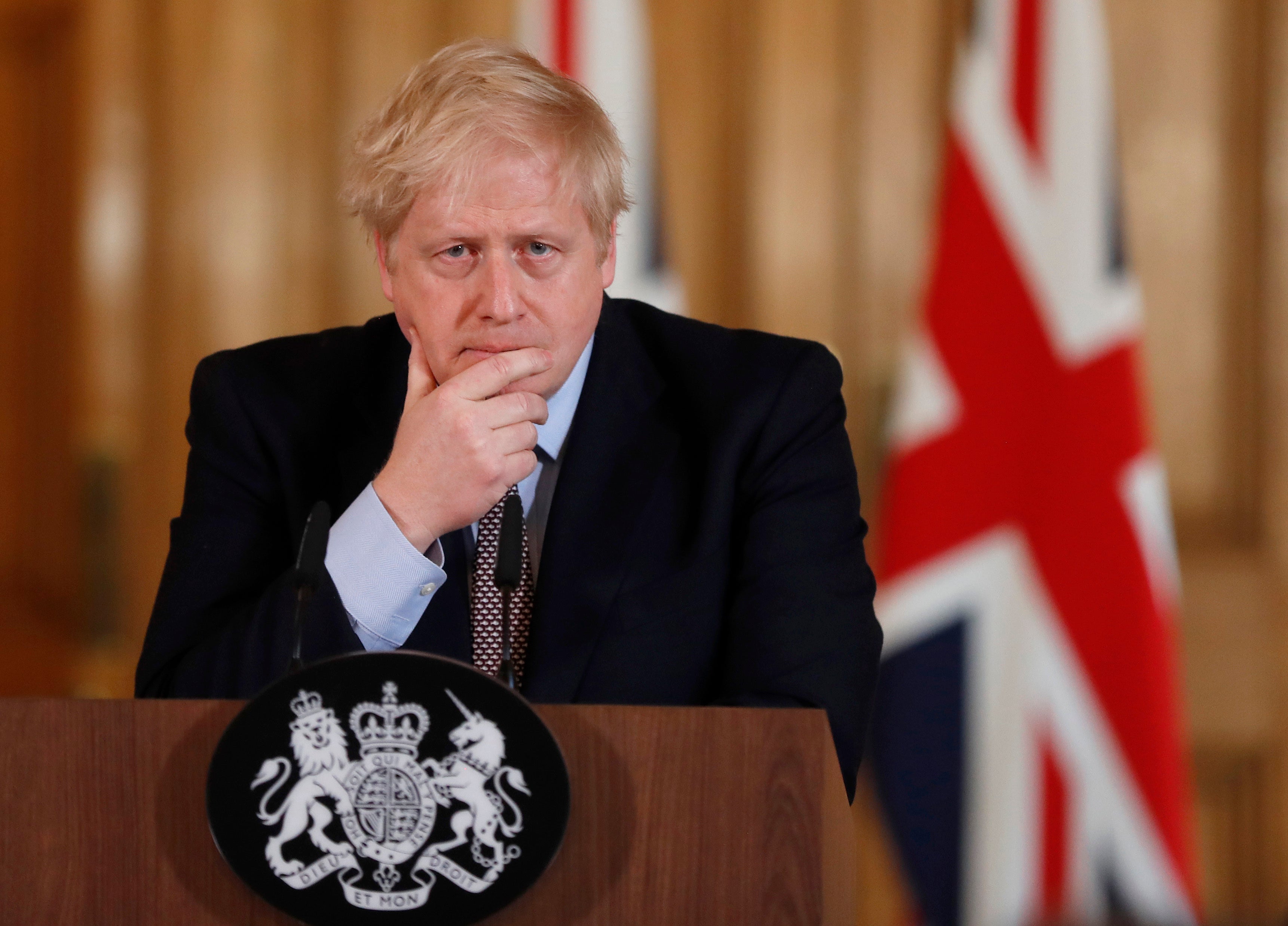Passports, planning, and plummeting popularity: Boris Johnson’s summer of discontent
The Tory leader is losing popularity within his own party and alienating his own MPs on a slew of issues

Your support helps us to tell the story
From reproductive rights to climate change to Big Tech, The Independent is on the ground when the story is developing. Whether it's investigating the financials of Elon Musk's pro-Trump PAC or producing our latest documentary, 'The A Word', which shines a light on the American women fighting for reproductive rights, we know how important it is to parse out the facts from the messaging.
At such a critical moment in US history, we need reporters on the ground. Your donation allows us to keep sending journalists to speak to both sides of the story.
The Independent is trusted by Americans across the entire political spectrum. And unlike many other quality news outlets, we choose not to lock Americans out of our reporting and analysis with paywalls. We believe quality journalism should be available to everyone, paid for by those who can afford it.
Your support makes all the difference.Boris Johnson is facing an anxious summer recess with Tory rebellions brewing on a raft of issues, and collapsing personal support among Conservative party members.
Despite a vast Commons majority the prime minister is juggling showdowns with his MPs on issues including planning reforms, Universal Credit cuts, vaccine passports and cuts to overseas aid.
It comes after Mr Johnson's personal rating among members of his own party took a nosedive, down 36 per cent to just 3 percent, according to a straw poll by the ConservativeHome website.
Of the issue confronting Mr Johnson, it is his planning reforms that are alienating the most Tory MPs – and where the government seems most likely to make further U-turns.
The prime minister sees the changes, which would give many developments automatic planning permission in principle, as key to meeting a target of building 300,000 homes.
But faced with huge internal opposition, Downing Street signalled at least a partial climbdown on the issue at the first full week of recess kicked off, with a government source telling the Daily Mail newspaper: “We’ll listen and we’ll move.”
The source suggested the government would “take some of the edges off that are upsetting people," though provided no details.
Dozens of Conservative MPs have voices opposition to the changes, with former prime minister Theresa May a major focal point of the rebellion.
Government cuts to overseas aid are another area the prime minister has faced opposition from inside his own party.
The government was openly opposed by 25 Tories in a vote last month, cutting Mr Johnson's majority to just 35 – albeit nowhere near a defat.
And back at home, the decision to push ahead with removing a £20 uplift from Universal Credit payments has also attracted the ire of some Tory backbenchers, who fear their constituents will not thank them for plunging them into poverty.
Brexiteer Steve Baker, an MP for Wycombe in Buckinghamshire, warned at "intolerable" levels of hunger and poverty that would be made worse by the cut – levels the Department for Work and Pensions (DWP) has so far refused to formally quantify, citing practical difficulties related to the pandemic.
The Guardian reported that Mr Banker has joined other Tories, including six former work and pensions secretaries in opposing the cut: Sir Iain Duncan Smith; Damian Green; Esther McVey; Stephen Crabb; David Gauke; and Amber Rudd have all set themselves against it.
There is said to be “no appetite” from Rishi Sunak's Treasury to continue the cut, however.
On the issue of vaccine passports, too, Mr Johnson faces a major rebellion. The government appears to be hurtling towards a confrontation with backbenchers – and on this issue opposition could be more significant than in other instances of Covid regulations.
On the one hand, as many as 40 Tory MPs have signed a pledge organised by campaign group Big Brother Watch saying they will vote against “Covid status certification to deny individuals access to general services, businesses or jobs”.
But on the other, the government has hinted that vaccine passports could be required for more events from September – partly as a means to encourage uptake among younger people.
Recent surveys have suggested that Labour is narrowing the gap with the prime minister’s party in national opinion polls, a development which is likely to concentrate minds in the Conservative party and raise more talk of a leadership change.
Join our commenting forum
Join thought-provoking conversations, follow other Independent readers and see their replies
Comments